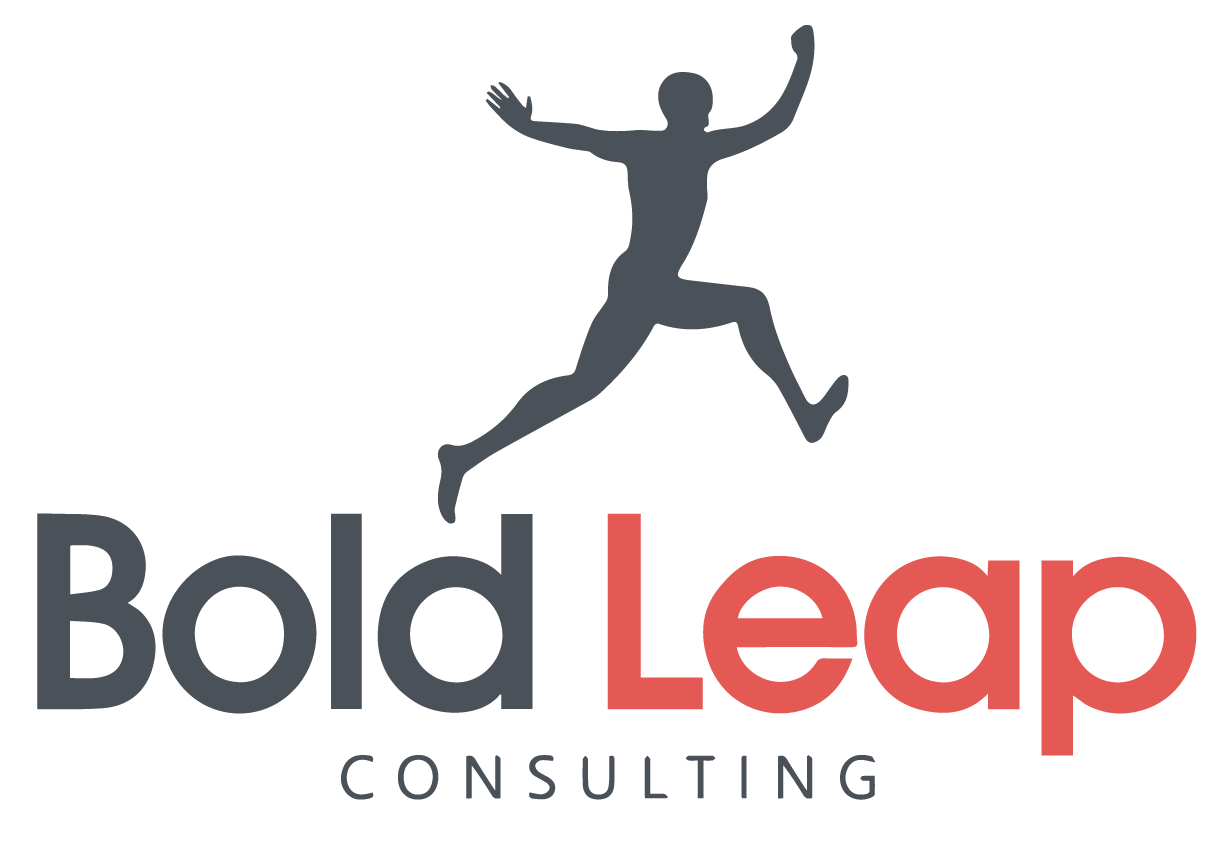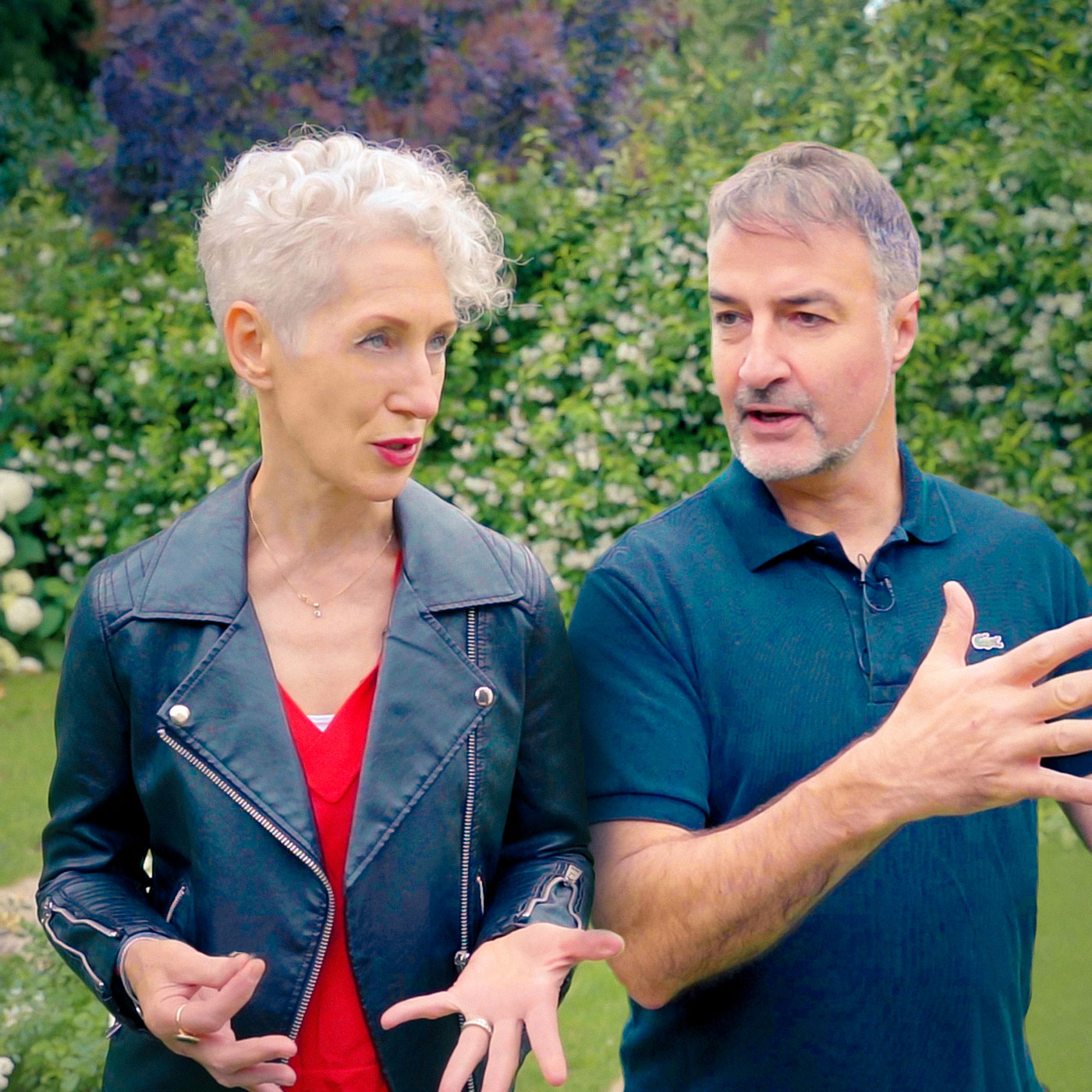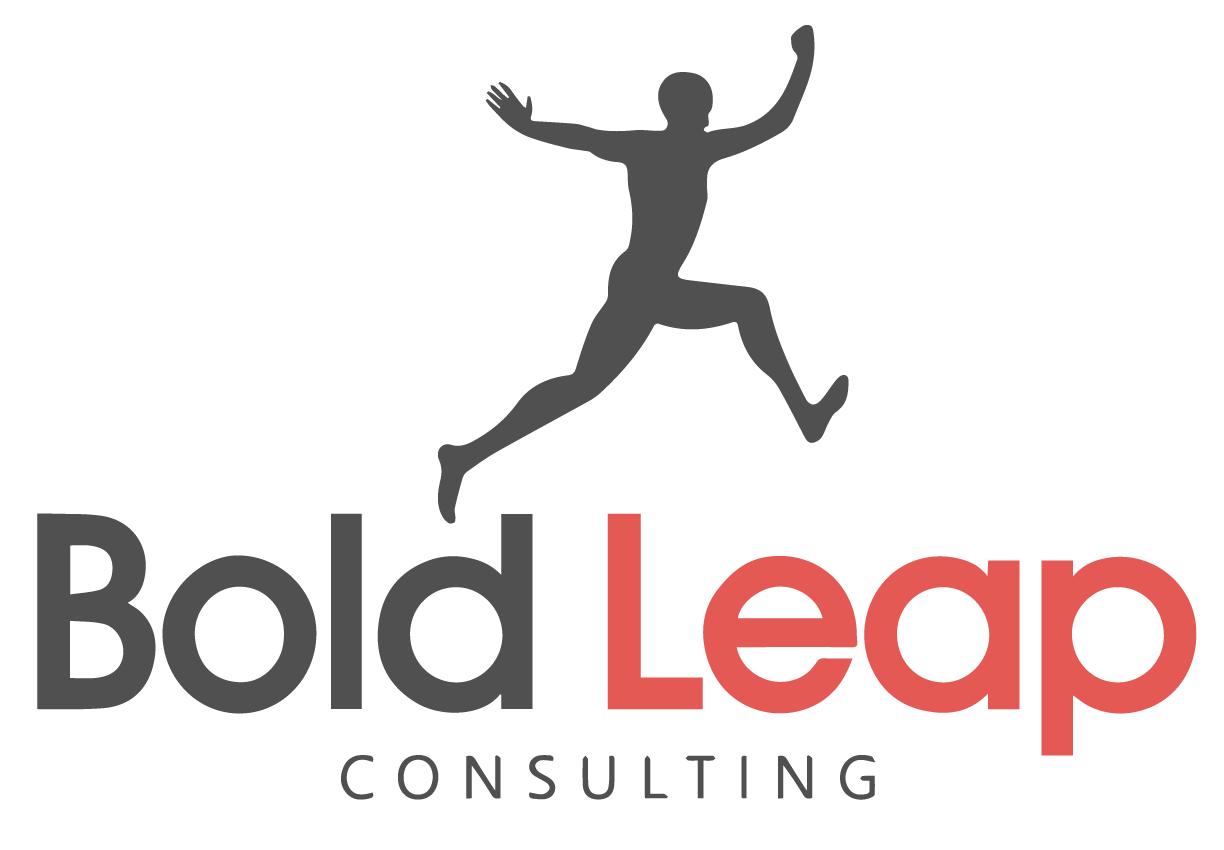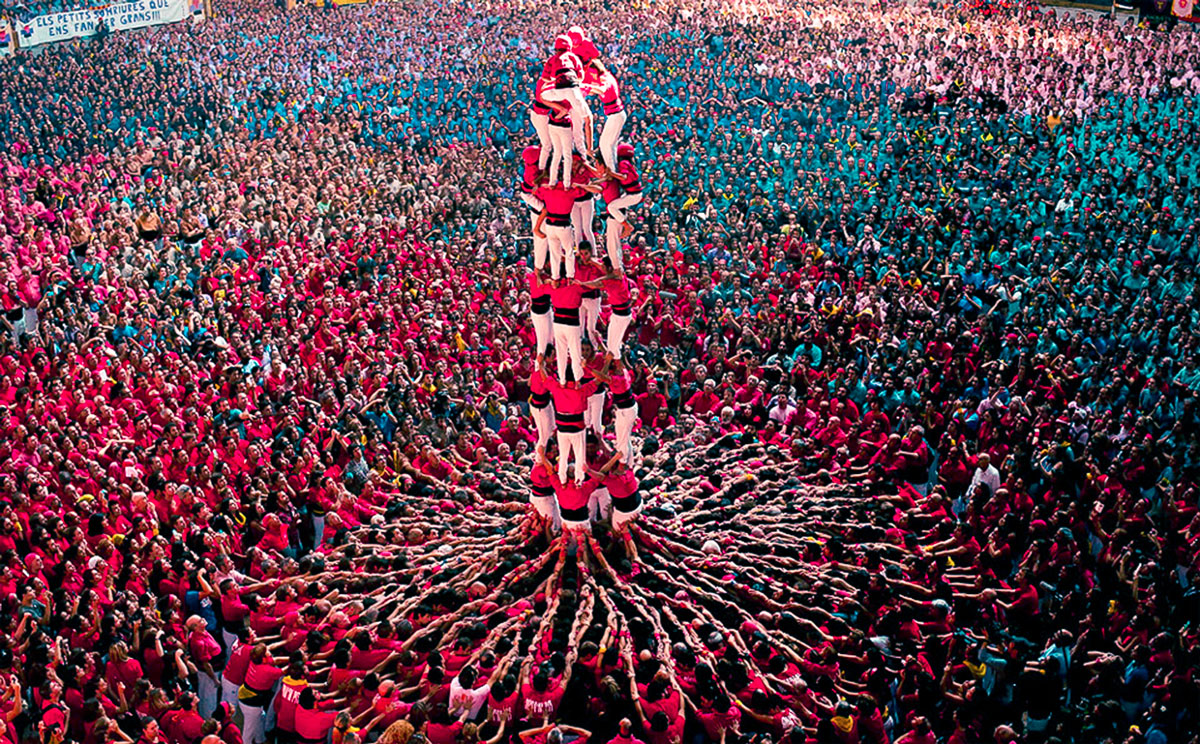
Bold Leap Consulting
Bold Leap coaches individuals and teams to achieve high performance. The barriers to high performance are often invisible – our attitudes, our thinking, our ways of talking, our behaviours and the dynamics of the situation.
By diagnosing what is really happening, we unlock new performance. We work with you, and with teams, to make the invisible visible. And we make sure that the end results are visible too - the best outcomes are always noticed by others.








